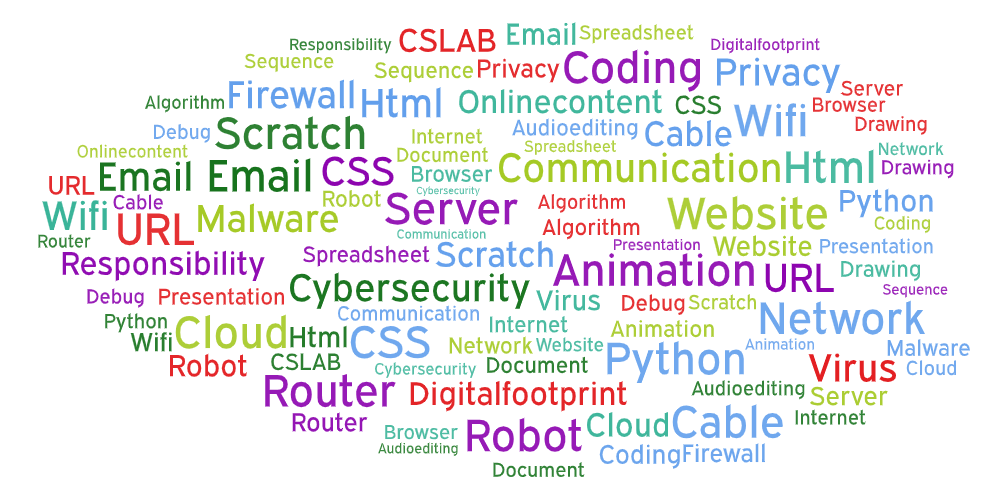UK Cambridge Primary Computing Curriculum
The Cambridge Primary Computing curriculum provides a structured framework for teaching computing skills to children aged 5-11 years. It aligns with the UK National Curriculum and focuses on developing computational thinking, digital literacy, and practical programming skills from an early age.
Key Stage 1 (Ages 5-7)
In KS1, children begin their computing journey with foundational concepts:
- Algorithms - Understanding what algorithms are and creating simple sequences of instructions
- Programming - Creating and debugging simple programs using visual tools
- Digital Devices - Recognizing common uses of technology beyond school
- Data Handling - Collecting and organizing simple data
- E-Safety - Using technology safely and respectfully, keeping personal information private
- Digital Literacy - Creating, organizing, and manipulating digital content
Key Stage 2 (Ages 7-11)
In KS2, children build on these foundations with more advanced concepts:
- Algorithms and Programming Logic - Designing, writing, and debugging programs with specific goals
- Sequence, Selection, and Repetition - Using programming constructs including loops and conditionals
- Variables and Data Structures - Working with variables and various forms of input/output
- Networks - Understanding computer networks including the internet
- Search Technologies - Using search engines effectively and evaluating digital content
- Digital Content Creation - Selecting and combining software to accomplish specific goals
- Online Safety - Using technology responsibly and identifying inappropriate content
- Information Technology - Collecting, analyzing, and presenting data and information
Progression of Skills
The curriculum ensures progression through increasing complexity:
- From understanding what algorithms are to designing complex sequences
- From block-based to text-based programming
- From using prepared digital content to creating and editing original content
- From basic online safety rules to responsible digital citizenship
This comprehensive approach prepares children for further computing education while developing transferable skills valuable across all subjects.
